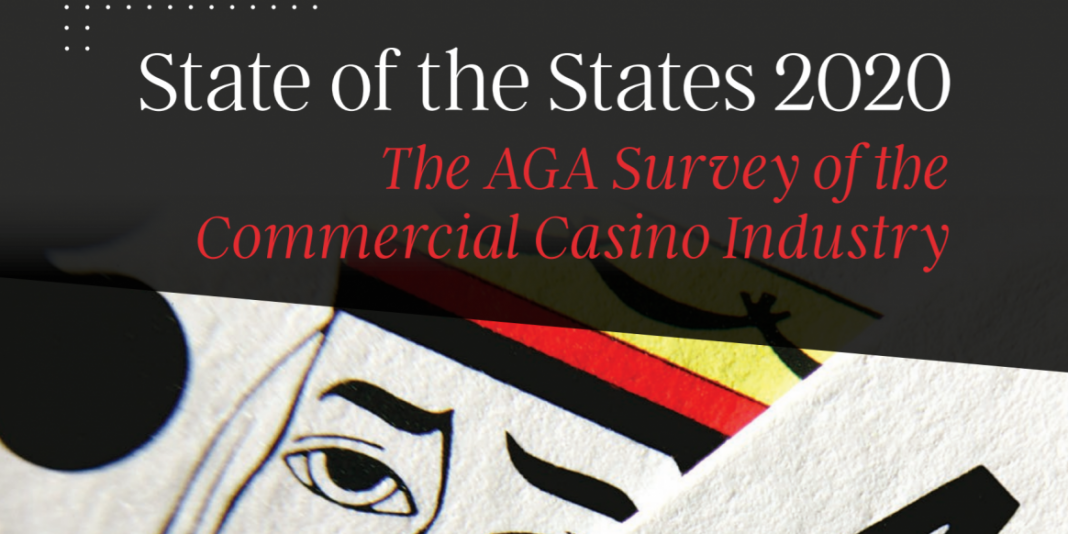In its 2020 State of the States annual survey of the US commercial casino sector, the American Gaming Association (AGA) has again dedicated a full segment to the country’s tribal gaming industry, citing further growth in 2019.
That expansion, said the association, came as Indian tribes continued a trend of looking to export their expertise into the commercial casino gaming industry, while also dipping their toes in the waters of legal sports betting.
Using data drawn from the National Indian Gaming Commission (NIGC), the AGA revealed that at the end of 2019 there were 524 tribal casinos operating in 29 states, compared with 465 commercial casinos in 25 states In September 2019.
The NIGC data also showed that tribal gaming operations posted record revenue of $33.72bn in 2018, an increase of 4.1% on the prior year. Said the AGA: “While figures for 2019 will not be released until later in 2020, another record total seems assured given that previous years have invariably seen tribal gaming’s revenue performance mirror or even better that of the commercial gaming industry.”
A significant portion of the association’s tribal update was dedicated to the ongoing dispute in Oklahoma between Governor Kevin Stitt and tribal gaming interests. It noted: “Given the consistent revenue growth of tribal gaming, it is not uncommon for the success to catch the eye of states looking to balance their budgets.
“As 2019 drew to a close, Oklahoma Gov. Kevin Stitt, a member of the Cherokee Nation, was locked in a bitter legal dispute with tribes in the country’s second largest tribal gaming state, including the Chickasaw, Choctaw, Citizen Potawatomie, and Muscogee Nations.
“Since 2006, tribes have paid the state of Oklahoma $1.5bn for statewide exclusivity to operate table games and more limited exclusivity over Class III electronic gaming devices. In fiscal year 2019 alone, tribes in Oklahoma provided $148.2m to the state treasury.
“In 2004, the state and the tribes agreed to a 4 to 6% graduated revenue-sharing rate on electronic gaming devices and 10% rate on table games. Gov. Stitt now wants to raise these rates to as high as 25% on all gaming. He claims the 2004 compact expired at the end of 2019, while the tribes maintain it automatically renewed. The industry will be watching this dispute closely in the coming months and possibly years.”














